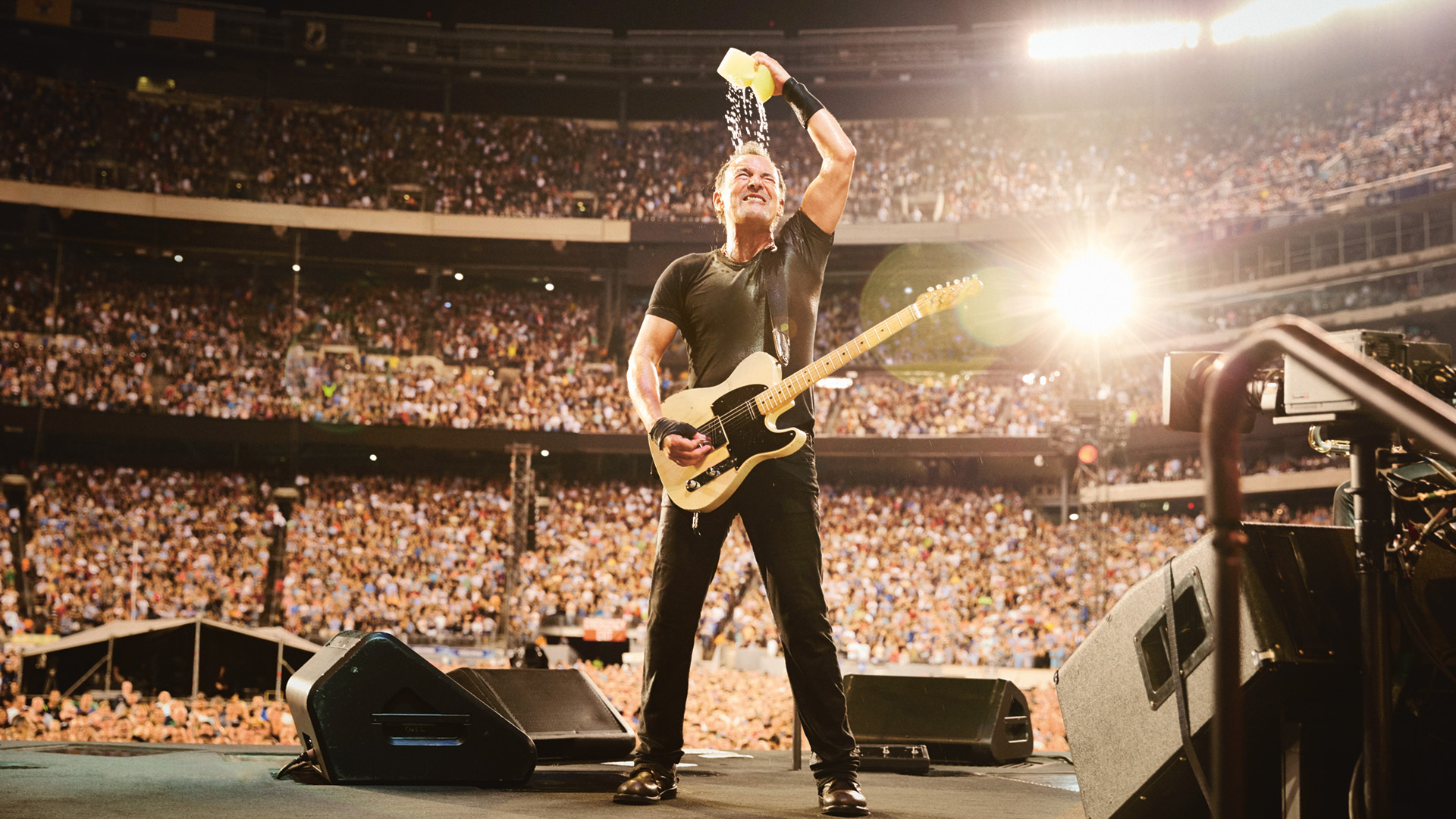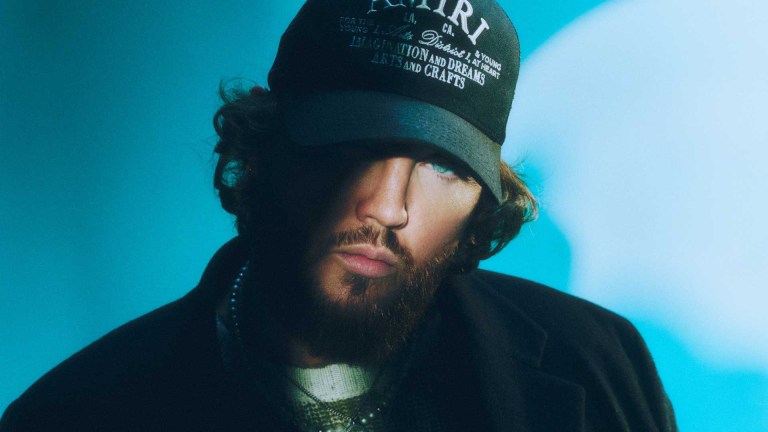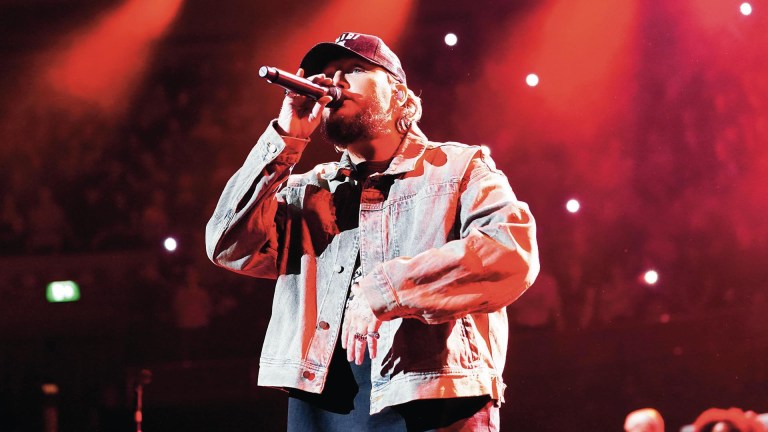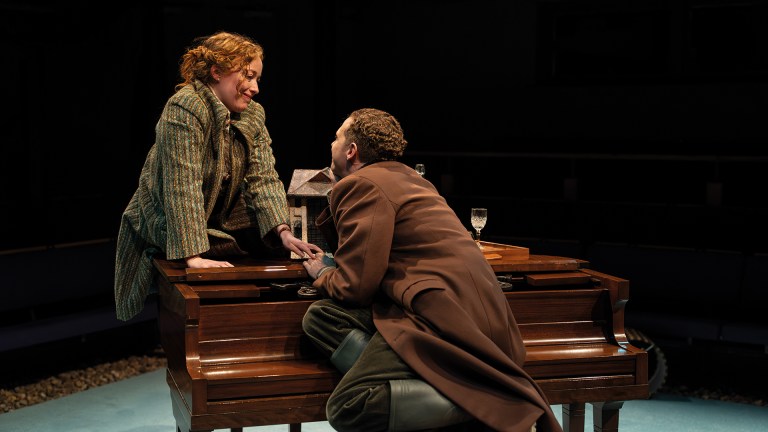Can you remember how much your first proper gig ticket cost? I can remember mine precisely: £28.50. It was for a show at Edinburgh’s Murrayfield stadium in 1997 by a certain overearnest Irish rock band who I was obsessed with at the time, although they do my head in now.
I can vividly recall staring at the elaborately designed paper ticket incessantly for months leading up to the concert, studying and memorising every detail, both colourful and mundane, including the price tag. A lofty, but not unaffordable sum for a 15-year-old with a paper round. And a not unreasonable price in the grand scheme of things to see one of the biggest bands in the world. Around £50 today, adjusted for inflation. Money very well spent.
Gig tickets cost a lot more now, because of course, everything costs a lot more now. But especially gig tickets it seems, as giant, faceless promoters and ticketing agencies such as Live Nation and its subsidiary Ticketmaster invent ever greedier, crueller and more intricate ways to leech upon people’s love of live music. Their latest contrivance, creeping its way into the industry, may be the greediest and cruellest of all and it’s called “dynamic pricing” – basically surge pricing by another, stealthier name.
It works just like Uber, whereby, if demand is low then prices remain low, but if demand is high – as is far more often the case, especially for the biggest of acts – then prices can quickly shoot upwards, practically without limit.
Case in point: another gig at Edinburgh’s Murrayfield Stadium, coming up in 2023, which went on sale in mid-July – Bruce Springsteen and the E Street Band, part of the Boss’s first UK tour in seven years. Front standing tickets were originally priced at £155. But as the surge took hold on a show which all but sold out in a matter of minutes, prices jumped to between £400 and £500. At time of writing, some scattered seating tickets were still available, for between £357 and an eye-watering £610 each. Surge price tickets for some of Springsteen’s US shows have spiked at several thousands of dollars.
Live Nation and Ticketmaster claim it’s all about taking on ticket touts, by preventing them from buying up loads of face-value tickets and reselling them at inflated prices at no profit to the artist nor anyone else involved with the show. But in doing so, they’ve effectively become the ticket touts themselves.










